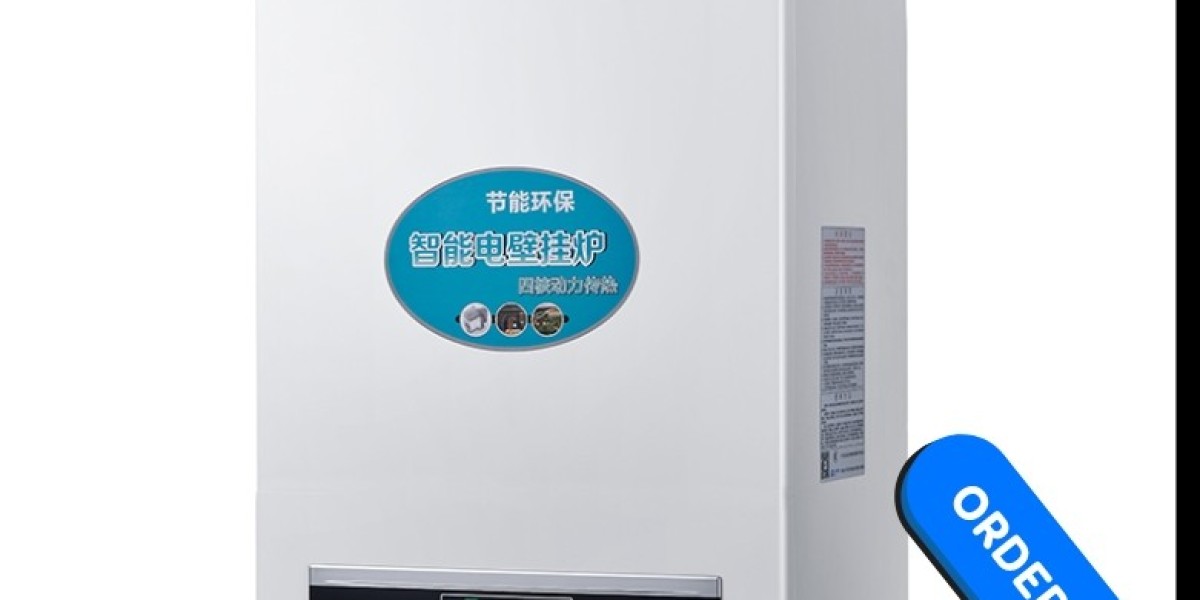Electric water heaters are becoming increasingly popular in households around the world. With advancements in technology and rising energy efficiency standards, many homeowners are considering making the switch from traditional gas water heaters to electric models. In this article, we will explore the key differences between electric and gas water heaters, the advantages of Electric Water Heaters, and how to choose the right one for your home.
1. Understanding the Basics
Before comparing electric and gas water heaters, it’s essential to understand how each type functions:
Electric Water Heaters: These units use electrical resistance coils to heat water. When the thermostat calls for hot water, electricity flows through the heating elements, warming the water in the tank.
Gas Water Heaters: These heaters utilize natural gas or propane to fuel a burner located at the bottom of the tank. When activated, the burner heats the water, which rises to the top of the tank for use.
Both systems aim to provide a reliable supply of hot water, but they do so using different methods and energy sources.
2. Energy Efficiency
One of the most significant factors to consider when choosing between electric and gas water heaters is energy efficiency. Generally, electric water heaters have higher energy efficiency ratings than gas models.
Electric units can convert nearly 100% of the energy they consume into heat, while gas water heaters usually have an efficiency rating of about 60-70%. This difference means that electric water heaters can save homeowners money on energy bills in the long run, especially if they are used in conjunction with renewable energy sources like solar power.
3. Installation and Space Requirements
When considering installation, electric water heaters offer a more straightforward setup process compared to gas models. They do not require venting systems, gas lines, or special permits, which can significantly reduce installation time and costs.
Additionally, electric water heaters are often more compact, making them suitable for smaller spaces. This flexibility allows homeowners to install them in various locations, including closets, utility rooms, and basements.
4. Safety Concerns
Safety is a critical consideration for any home appliance. Electric water heaters present fewer safety risks than gas models. There is no danger of gas leaks, which can lead to explosions or carbon monoxide poisoning.
Furthermore, electric water heaters come equipped with various safety features, such as:
- Thermal Expansion Tanks: These help manage pressure fluctuations within the system.
- High-Temperature Limit Switches: This feature automatically shuts off the heating element if the water temperature exceeds a safe limit.
These safety measures provide peace of mind for homeowners, knowing their water heating system operates safely.
5. Maintenance and Longevity
Electric water heaters generally require less maintenance than gas water heaters. With fewer components involved in the heating process, electric models experience less wear and tear.
While it’s still essential to flush the tank periodically to remove sediment buildup, electric water heaters typically have a longer lifespan, often lasting 10-15 years with proper care. Gas water heaters, on the other hand, may need more frequent maintenance to ensure safe operation.
6. Cost Considerations
The initial cost of electric water heaters is often lower than that of gas water heaters. Additionally, electric models typically have lower installation costs due to the lack of venting and gas line requirements.
However, it's essential to consider operating costs as well. In areas where electricity is more expensive than gas, the overall cost of using an electric water heater might be higher over time. It’s crucial to evaluate local utility rates to determine the most cost-effective option for your household.
7. Environmental Impact
As society becomes more environmentally conscious, the choice of water heater can impact your carbon footprint. Electric water heaters, especially when powered by renewable energy sources, can contribute to a significant reduction in greenhouse gas emissions.
Gas water heaters, while efficient, still rely on fossil fuels, which can lead to higher emissions. Therefore, for environmentally conscious homeowners, electric water heaters may be the preferred choice.
8. Conclusion
When deciding between electric and gas water heaters, it is essential to consider various factors, including energy efficiency, installation requirements, safety, maintenance, costs, and environmental impact. Electric water heaters offer numerous advantages, including higher efficiency, easier installation, reduced safety risks, and lower maintenance needs.
If you’re considering an electric water heater for your home, explore options available at Zhongshan Songyi Electrical Appliance Co., Ltd. to find the perfect model that suits your needs.
Naijamatta is a social networking site,
download Naijamatta from Google play store or visit www.naijamatta.com to register. You can post, comment, do voice and video call, join and open group, go live etc. Join Naijamatta family, the Green app.
Click To Download


